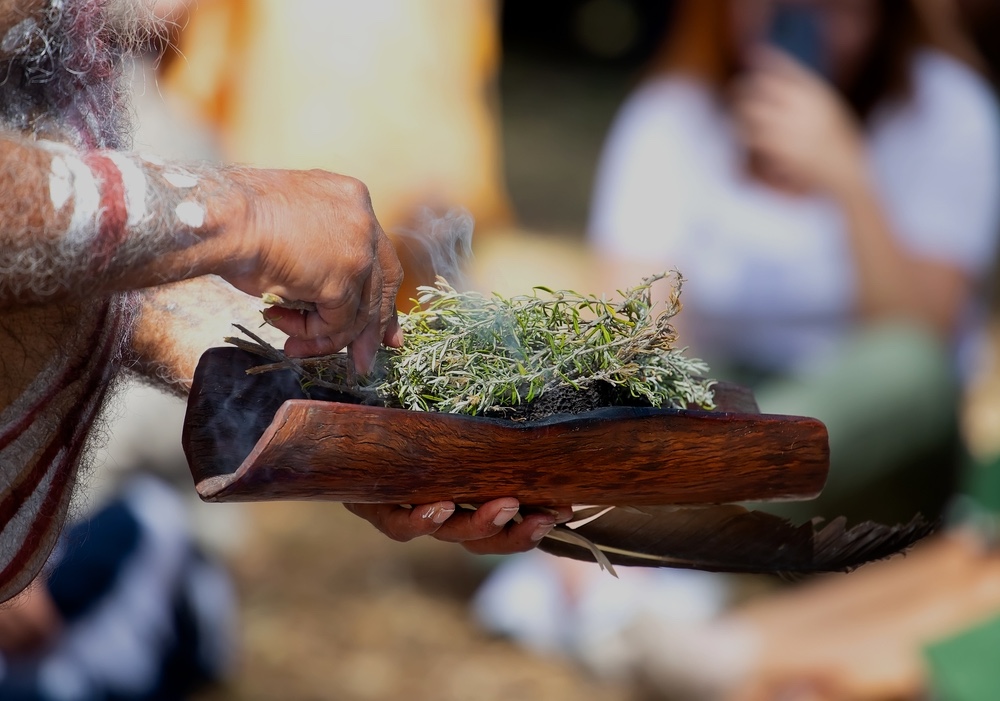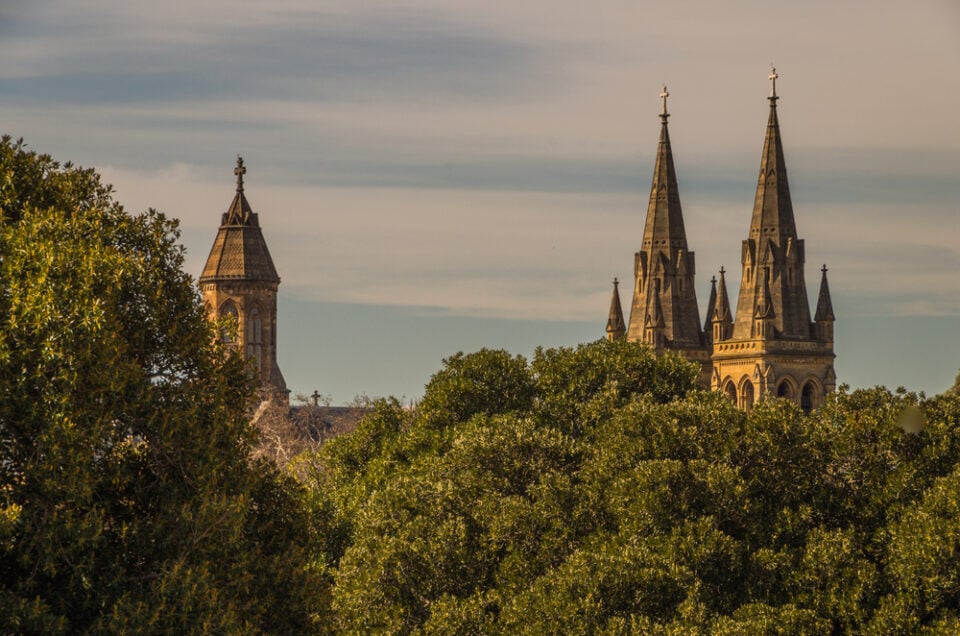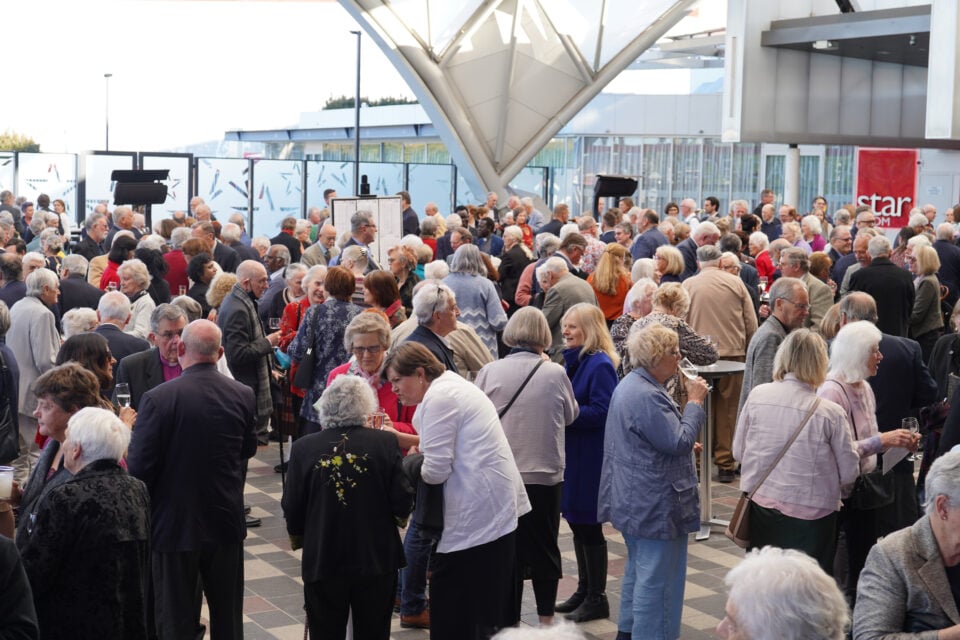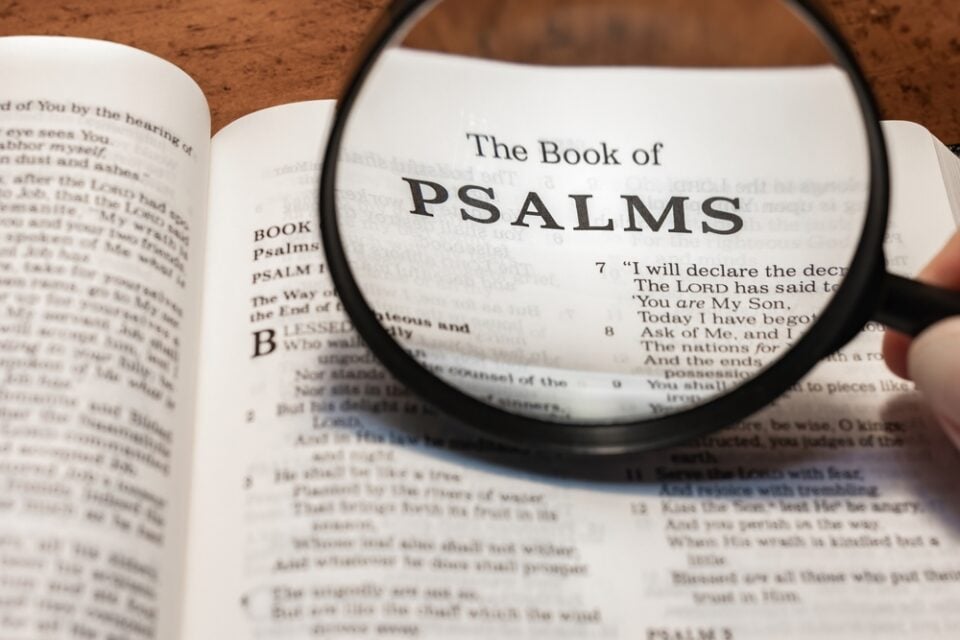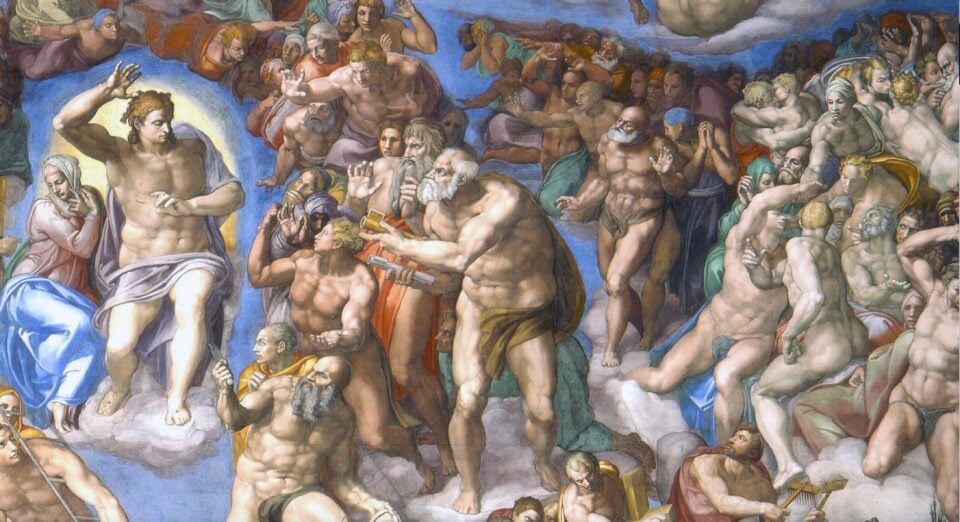This article was written by the leaders of the Anglicans for Makarrata group, Martin and Vivien Bleby, Jeff Oake, Jill Rivers, in response to David Phillips’ opinion piece advocating a No vote.
We are grateful to Dr David Phillips for pointing out some of the problems suffered by indigenous Australians.
The Australian Constitution, and the mindset behind it, is part of the cause of these problems. It was drawn up by white males with no representation from the First Nations people, and no acknowledgement that they had occupied and cared for this land for tens of thousands of years, or that the land had been taken from them without permission or compensation.
It stated that “in reckoning the numbers of people . . . Aboriginal natives shall not be counted”, and did not guarantee all of them the vote.
Since then, we have had the Commonwealth Electoral Act of 1962, guaranteeing the vote to Aboriginal and Torres Strait Island peoples, the referendum of 1967 which allowed them to be counted, the High Court Mabo judgment ending the fiction of terra nullius, that the land was nobody’s land before the British came, and the 1996 Wik judgment that Native Title can co-exist with the sovereignty of the Crown.
It is time for the Constitution to reflect these realities in a positive way that will help us all come together in maturity as a complete nation. Constitutional recognition of ‘Aboriginal and Torres Strait Islander peoples as the First Peoples of Australia’ has had bipartisan support for the past 15 years—until now.
In quoting ‘one vote for most Australians, two votes for those of Indigenous racial identity’, Dr Phillips is mis-stating what the Voice will do. In electing the Commonwealth Parliament, all Australian citizens equally have one vote only. So the dignity of human beings in the image of God is democratically upheld.
The Voice will not be part of the Parliament or the Government. It simply ‘may make representations to the Parliament and the Executive Government’—as any of us can, and many lobby groups do—‘on matters relating to Aboriginal and Torres Strait Islander peoples’.
The Parliament, representing all Australians, remains in charge. Furthermore, it is for the Parliament to determine the ‘composition, functions, powers and procedures’ of the Voice (see proposed Constitutional Amendment). Who can object to that?
The widely representative First Nations Uluru Statement from the Heart (2017) asks that recognition in the Australian Constitution be in the form of ‘a First Nations Voice enshrined in the Constitution’. Not just a token mention in a preamble, but a body by which they may ‘take a rightful place’ in their own country (see ulurustatement.org/the-statement/).
Why is this so?
Dr Phillips suggests that the National Indigenous Australians Agency (NIAA), established by legislation, could suffice. The NIAA is ‘a public service agency . . . designed to better meet the Government’s priorities’, accountable to the Government of the day. As such, it supports the present Government’s commitment to the Uluru Statement and the Referendum (see niaa.gov.au).
It could easily be abolished by a subsequent Government, as has happened to the National Aboriginal Consultative Committee (NACC) in 1977, National Aboriginal Conference (NAC) in 1985, and the Aboriginal and Torres Strait Islander Commission (ATSIC) in 2004.
The First Nations peoples of this country generously invite us to walk with them ‘in a movement of the Australian people for a better future.’
They are asking for a permanent space in the life of this nation where they can be listened to. Are we listening?
Or are we still deciding that we know what is best for them?
